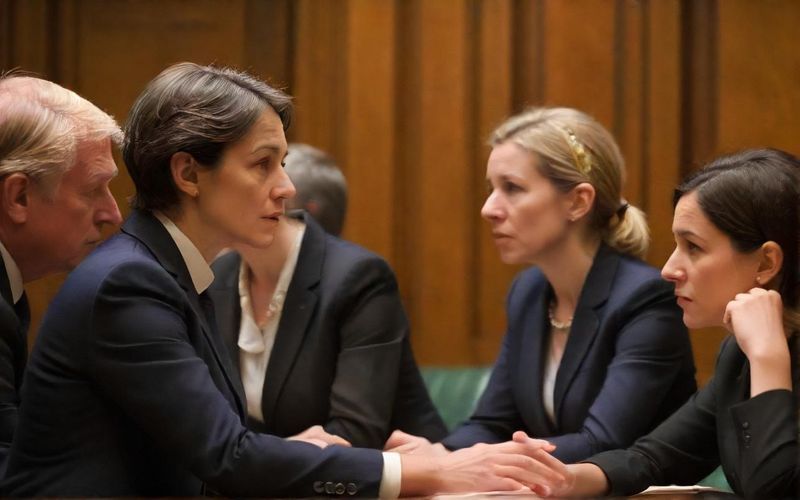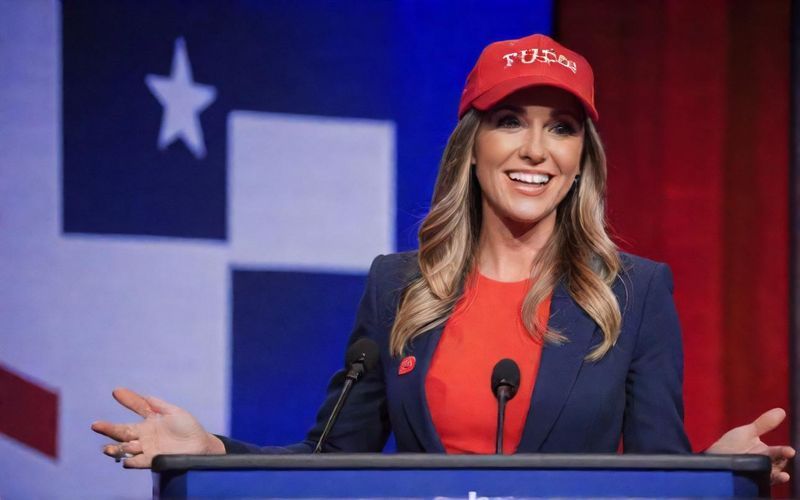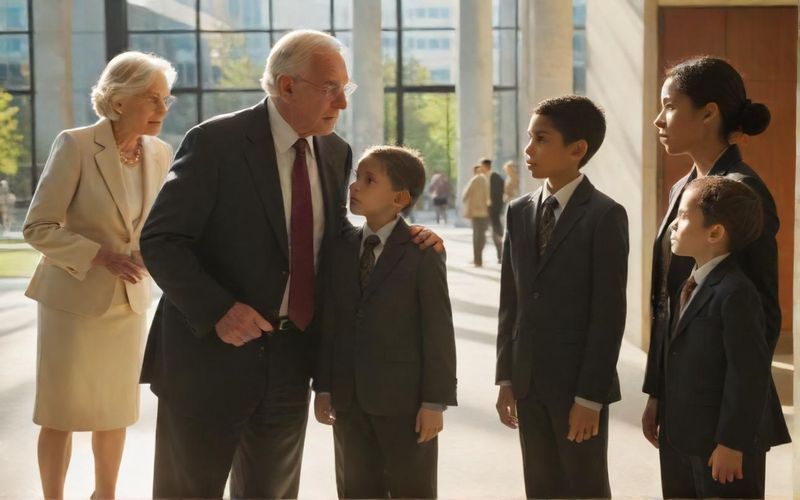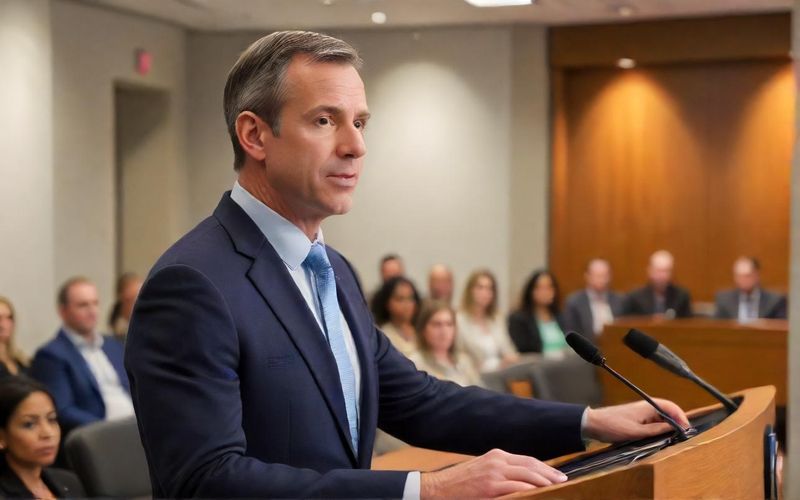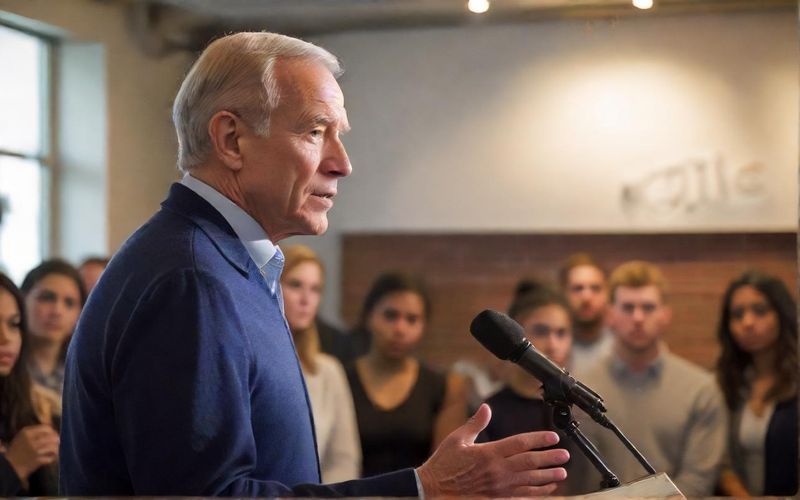NYC Mayor Election Stirs Global Debate
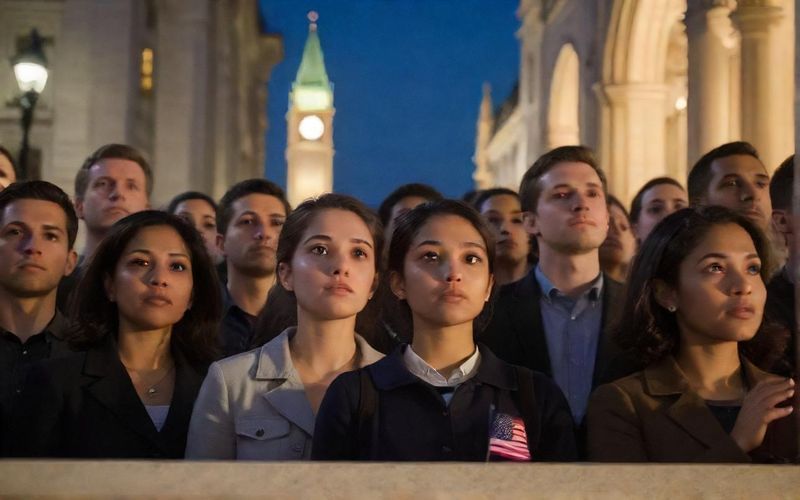
Mamdani’s victory, propelled by a potent mix of progressive ideals and a vocal stance on Palestinian rights, has understandably rattled many in Israel and its staunch supporters. The sheer audacity of a major U.S. city electing a leader who openly criticizes Israel’s actions in Gaza, even labeling them as genocide, marks a significant departure from decades of bipartisan pro-Israel consensus in American politics. As one Jerusalem resident succinctly put it, the news was "Very bad. For the Jews, for Israel, for everyone, it's very bad." This sentiment, amplified by Israeli government officials and analysts, underscores a palpable fear of shifting political winds and a potential erosion of Israel’s crucial alliance with the United States. Shmuel Rosner’s observation that “an American can be elected with a clear anti-Israeli label on his lapel” in a city with such a significant Jewish population is particularly striking, suggesting that advocating against Israel can now be a viable, even profitable, political strategy.
Yet, to dismiss Mamdani's rise solely through the lens of international conflict would be a disservice to the complex realities of New York City. His campaign was equally animated by pressing local concerns: the crippling cost of housing, the scarcity of affordable childcare, and a general desire for a more equitable city. This duality is crucial. While his pro-Palestinian platform captured international attention, it was his focus on these "kitchen table issues" that resonated with a broad spectrum of voters, including a notable segment of the Jewish electorate, who ultimately delivered him a significant portion of their vote. This highlights a generational shift, particularly among younger Democrats, where support for Israel is no longer an unquestioned tenet and a growing awareness of Palestinian struggles has entered the political discourse.
This brings us to the intriguing position of former President Donald Trump and his allies. While they’ve decried Mamdani as a "communist" and a threat, Trump’s endorsement of Andrew Cuomo, Mamdani’s centrist rival, appears, in retrospect, to have been a strategic maneuver. By elevating Cuomo, Trump may have inadvertently amplified Mamdani's appeal to the liberal base, positioning him as a purer alternative. This strategy, from Trump’s perspective, offers a dual benefit: it fuels internal Democratic debates about the party's ideological future and provides a clear target for centrist and right-leaning voters who may be wary of the growing progressive wing.
The election of a mayor of London, Sadiq Khan, who also navigated a path as a prominent Muslim leader in a Western capital, offers a comparative framework. While the specific political contexts differ, both figures demonstrate the increasing visibility and influence of leaders from diverse backgrounds. However, the intensity of the reaction to Mamdani, particularly from Israel, underscores the unique and deeply emotional weight of the Israeli-Palestinian conflict in American political discourse.
The implications for the Democratic Party are profound. Mamdani's victory, coupled with other Democratic wins, signals a potential gear shift. But the question remains: is this a sustainable path forward, or a "poisoned chalice"? The Democratic Party machine, as history suggests, has sometimes erred in candidate selection. Will Mamdani-mania lure them into a lane that, outside the progressive enclave of New York City, may be too far left for the broader American electorate, which still leans conservative?
For Trump and his team, this presents a clear opportunity. As Vice President JD Vance has hinted, the focus must return to the "home front" and tangible economic improvements for everyday Americans. The political spectrum in the U.S. naturally trends rightward beyond major urban centers, and Mamdani’s staunchly socialist platform could be a potent weapon for Republicans seeking to mobilize their base and attract swing voters. The question isn't just who will be the next mayor of New York, but what this election portends for the soul of the Democratic Party and the future of American political alignment. Will Mamdani's groundbreaking win inspire a new progressive era, or will it serve as a cautionary tale, further entrenching the political divisions that define our nation?



